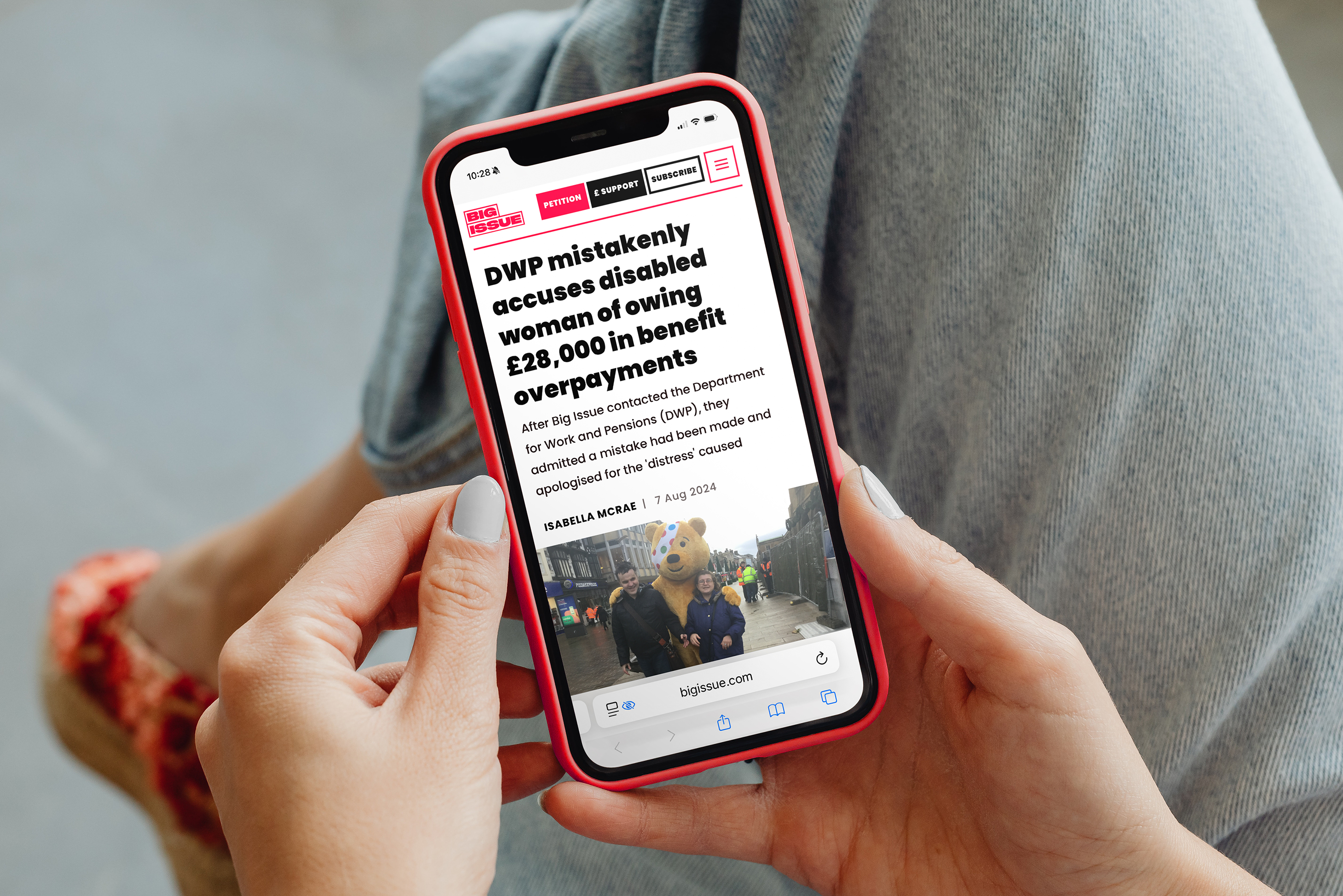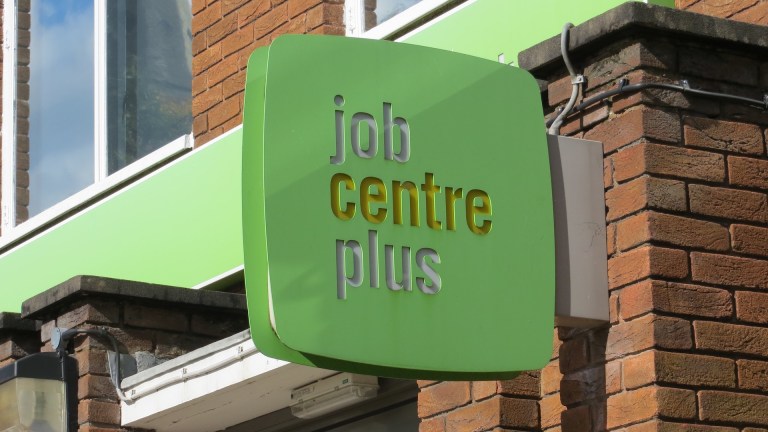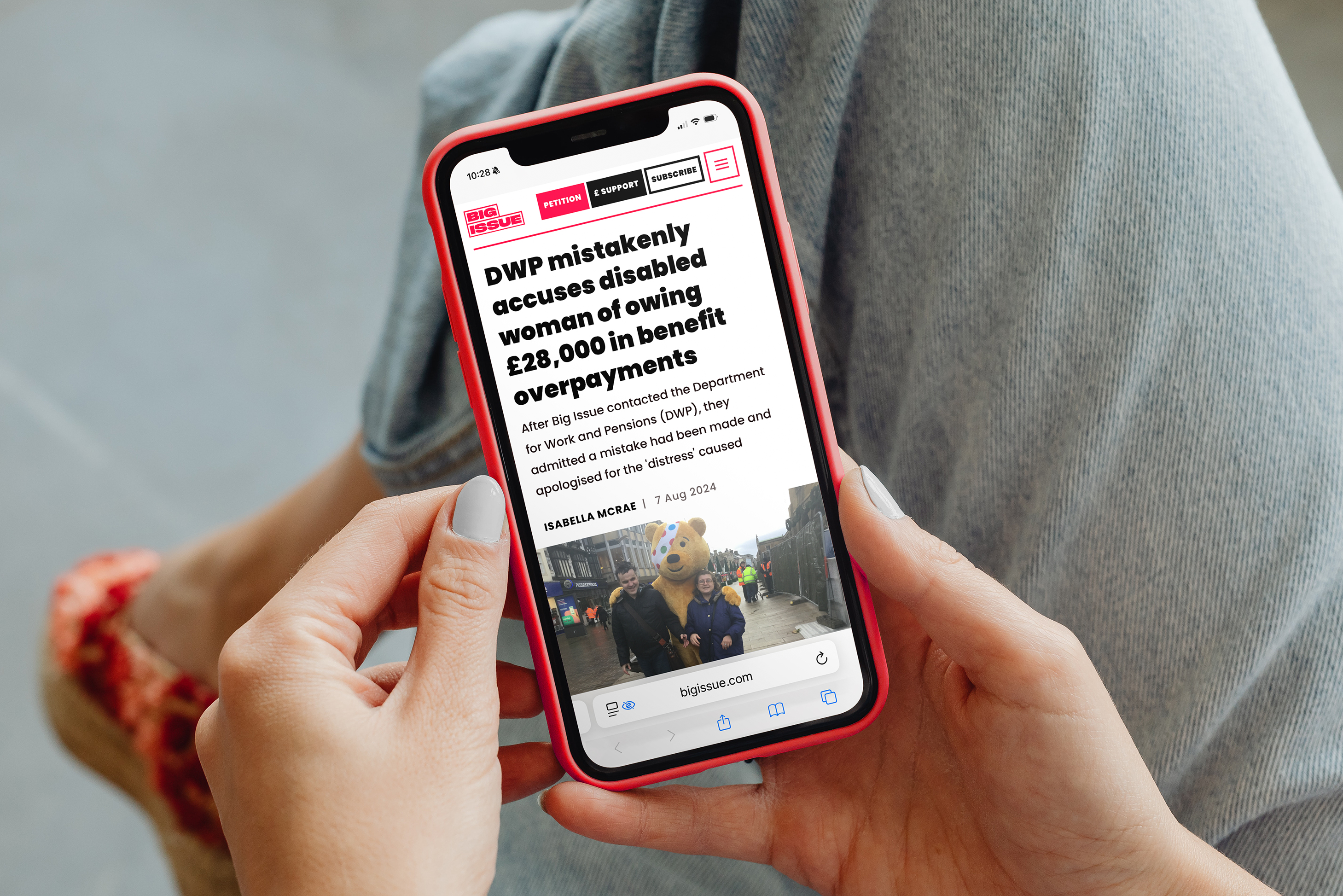So, what do you need to know if you choose to set up your own business?
Who needs to register as self-employed?
If you earn more than £1,000 from your own business, you will need to register as self-employed. This is known as the trading allowance, and after that threshold, you need to register with HMRC and submit a self-assessment tax return each year.
You pay income tax at the same rate as those with a salary, but national insurance for freelancers is lower.
When should you register as self-employed?
You should register as soon as you start your business, or start making money from your side hustle. However, there’s a deadline – legally you need to register by 5 October after the end of the tax year in which you became self-employed.
For example, if you started your business in August 2021, you’d need to register by 5 October 2022.
Registering as self-employed
Head to the government’s online registration portal where it shouldn’t take long to register, you’ll just need some key details including the date you started your business – this could be when you received your first payment, and your National Insurance number.
Advertising helps fund Big Issue’s mission to end poverty
You’ll need to decide on a name for your business. Most people choose to trade under their own name, but you could pick one that’s punny, meaningful or catchy.
After seven to 10 days, you will receive your 10-digit unique taxpayer reference from HMRC by post. This will allow you to log in to your online account. You will use this account to file a tax return to pay your taxes on the previous year.
Budgeting for tax when self-employed
One of the biggest differences about working for yourself is the tax you pay and how you need to pay it. You’ll have to budget for it yourself. Get a separate business bank account – new apps such as Coconut, Tide and Starling Business help you work out how much to set aside.
If you earn up to £12,570 – including earnings from any other work – you will not need to pay tax. This is called your personal allowance. If you earn between £12,571 and £50,270, then your tax bill will be charged at 20 per cent. So, as a rule of thumb, you should save one fifth of all your earnings to pay in tax.
A tax of 40 per cent is to be paid on income between £50,271 and £150,000.If you expect to turn over more than £85,000 you also need to register for VAT. The Money Advice Service has helpful introductory guides to this.
You can also claim back on some work expenses, especially if you’re self-employed and working from home. Costs such as lighting, heating, and water bills fall under working from home expenses and if you work 25 hours or more a month from home, you can use HMRC’s simplified expenses system.
Advertising helps fund Big Issue’s mission to end poverty
Travel and accommodations costs can also be filed and submitted as expenses if they were undertaken as part of your business. For example, business trips, travelling between different places of work, and running costs of a car.
Choose how to be self-employed
There are different ways of structuring your own business. You could be a sole trader, a limited company or a partnership. There’s information on the pros and cons of each option at gov.uk.
You may also decide to franchise, which is where you run your own business under the name of a bigger brand.
Many brands are hiring and training up workers made redundant during lockdown. EweMove, for example, an estate agency franchise, is looking for former shop and hospitality workers who it believes have skills that are well suited to becoming a successful estate agency business owner.
There are free online courses and opportunities on the British Franchising Association’s website.
Work out how much more you need to earn as a freelancer
When setting your hourly rate remember to price in the cost of all the perks that you may take for granted in a salaried job. Holiday pay, for example, bank holidays, sick pay, and maternity or paternity leave. There are online calculators to help you see more clearly what you need to earn per day based on the annual salary you’d like to match. Don’t forget to factor in time needed to do admin, send out invoices and manage your business, too.
Advertising helps fund Big Issue’s mission to end poverty
Try yourrate.co or contractorcalculator.co.uk.
One of the most valuable perks you’ll miss out on is a company pension topped up by an employer. And according to a survey by the pensions provider National Employment Savings Trust (NEST), only 24% of self-employed workers are actively saving into a pension. Even if you’re starting with saving small amounts of money into a pension each month, this is still highly recommended for self-employed workers, because you will still get the generous tax relief. Some options include setting up a self-invested personal pension, or NEST offers self-employed pensions, which is likely the simpler option. Apps like PensionBee and Penfold are also intuitive and low cost. You can also save into individual savings accounts (ISAs), such as the Lifetime ISA, but you do not receive any tax relief like you would putting your money into a pension scheme.
Research insurance
Self-employment means very little safety net if you or your family become ill or you are unable to work as a result of caring duties. Think about what would happen in this scenario and plan for it.
You might consider income protection insurance, which will pay you a sum to cover lost earnings if you are unable to work. Do your research on any exclusions, though. You want something that offers a payout for your own occupation, that is the work you’re qualified for, not just an inability to do any work at all. A financial planner or adviser, or brokers like LifeSearch and Drewberry can help you find a policy.
Time to pay taxes
If you are struggling to meet your tax or VAT bill you can spread payments, provided you owe HMRC less than £30,000. You can go to gov.uk/difficulties-paying-hmrc for more information.
Grants from other organisations
There are some industry bodies and charities offering workers one-off grants or support during lockdown. That includes, for example, Hospitality Action, considering applications for financial assistance from those who have worked in hospitality for one year within the last two years and have lost jobs or hours as a result of the pandemic. The Arts Council England has a list of grants, as does Wales Arts and Creative Scotland.
Advertising helps fund Big Issue’s mission to end poverty
Business loans
The government’s Bounce Back Loan scheme offers loans to small and medium-sized businesses of between £2,000 and £50,000, with no fees or interest for the first 12 months. Find out more at british-business-bank.co.uk.
NatWest bank has just pledged an extra £1bn to its female entrepreneurship fund, offering business loans to sole traders, partnerships or limited companies that are at least 50 per cent women-owned or have a woman in a prominent position on the board.
The Big Issue Toolkit
If you’re looking for work, The Big Issue will help you keep up to date with new job and training opportunities.
When you sign up, this is what you receive:
• Three-month digital subscription to The Big Issue
• Access to free or discounted training courses
Advertising helps fund Big Issue’s mission to end poverty
• Access to thousands of potential jobs
• A weekly newsletter with tips on job searches
• CV creation and other useful information
Find out more at bigissue.com/jobs-training
Career tips and advice from our Jobs and Training series:
This article was first published on October 29 2021 and is regularly updated with the latest information.
Advertising helps fund Big Issue’s mission to end poverty










